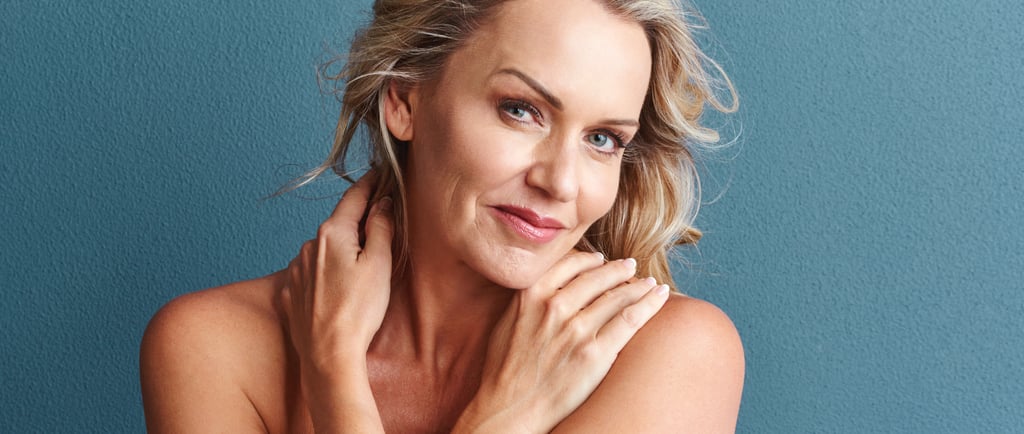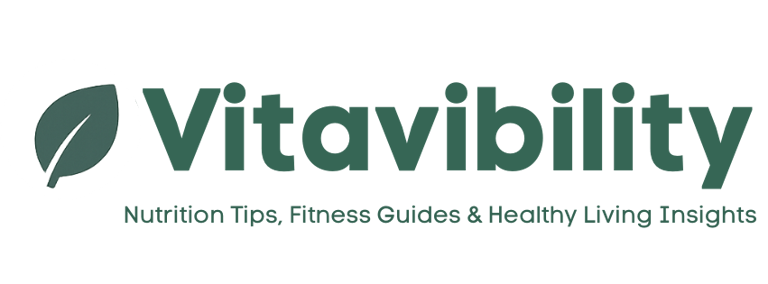The Science of Aging: How to Support Skin and Vitality at Any Age
Discover science-backed strategies for healthy aging. Learn how sleep, nutrition, mindset, and advanced skincare support vitality and radiant skin.
10/2/20254 min read


The Science of Aging: How to Support Your Skin and Vitality at Every Stage
Aging is a natural part of life, but how we age—and how we feel about it—can vary dramatically from person to person. While genetics play a role, lifestyle, environment, diet, and skincare all influence how gracefully we move through the years. The good news is that modern research into aging has never been more advanced, giving us better insights into how to protect our health, preserve our vitality, and support radiant skin for decades to come.
In this guide, we’ll explore what really happens as we age, why our skin is often the first place to show visible signs, and how science-backed strategies—from nutrition and lifestyle choices to advanced skincare—can help you feel and look your best.
Understanding the Biology of Aging
Aging is not just about wrinkles or gray hair—it’s a process that occurs at the cellular level. Over time, our cells accumulate damage from both internal factors (like oxidative stress) and external factors (such as sun exposure and pollution).
Key biological processes of aging include:
Oxidative stress: Free radicals damage cells and DNA, speeding up aging.
Inflammation: Chronic low-grade inflammation (“inflammaging”) contributes to age-related decline.
Collagen and elastin breakdown: These proteins give skin structure and firmness, but production decreases with age.
Cellular senescence: Old, dysfunctional cells build up and disrupt tissue health.
Hormonal changes: Declining estrogen and testosterone affect skin, bone, and muscle.
By addressing these processes, we can slow visible and internal signs of aging and support long-term well-being.
Skin: The Window Into Aging
Our skin is often the first place aging becomes noticeable. Fine lines, wrinkles, sagging, and dullness result from both natural changes and cumulative damage. Here’s what happens over time:
20s–30s: Collagen production slows, early fine lines may appear.
40s: Skin barrier weakens, dryness increases, pigmentation becomes more common.
50s and beyond: Hormonal shifts accelerate changes, with deeper wrinkles, loss of elasticity, and thinning skin.
But while skin inevitably changes, how it changes depends heavily on care. Hydration, antioxidant protection, and daily sun protection are the foundation of healthy aging.
Lifestyle Habits That Influence Aging
Aging gracefully isn’t just about what you put on your skin—it’s about how you live. Research has consistently shown that these daily habits have the biggest impact on longevity and skin health:
Sleep well: During deep sleep, growth hormones repair tissues and regenerate skin. Poor sleep accelerates wrinkles and dullness.
Eat nutrient-rich foods: Diets rich in antioxidants (berries, leafy greens), omega-3s (salmon, flaxseed), and lean proteins protect cells and support collagen.
Stay hydrated: Water supports skin elasticity and overall health.
Exercise regularly: Physical activity reduces inflammation, increases circulation, and improves mood.
Manage stress: Chronic stress elevates cortisol, which breaks down collagen and accelerates visible aging.
Protect from UV damage: Sun exposure accounts for up to 80% of visible skin aging. Daily sunscreen is essential.
The Role of Antioxidants in Aging
One of the most exciting areas of aging research is the role of antioxidants—molecules that neutralize free radicals before they damage cells. Antioxidants like vitamin C, vitamin E, and polyphenols (found in green tea and grapes) are not only powerful when consumed in food but also highly effective when applied topically.
They reduce visible signs of irritation, calm inflammation, and help prevent premature wrinkles. This is why modern anti-aging serums often feature concentrated antioxidants as their star ingredients.
Advanced Skincare: Where Science Meets Beauty
For those who want to go beyond the basics, advanced skincare products offer targeted ways to address signs of aging. Unlike basic moisturizers, serums penetrate deeper layers of skin to deliver active ingredients where they are needed most.
One standout is the Dr. Barbara Sturm Super Anti-Aging Serum, a product backed by molecular-level research. Formulated in Germany, it combines:
Low and high-weighted hyaluronic acid molecules to replenish deep and surface hydration.
Potent antioxidants to reduce irritation and neutralize damage from free radicals.
Collagen-boosting ingredients that support firmness and elasticity.
This type of serum is not just about beauty—it’s about protecting skin health by addressing the root causes of aging.
👉 If you’re curious, you can learn more about this premium serum here: Dr. Barbara Sturm Super Anti-Aging Serum.
Guidance: How to Build an Anti-Aging Skincare Routine
You don’t need dozens of products to support your skin as you age. A thoughtful, consistent routine is far more effective. Here’s a step-by-step framework:
Cleanse gently: Avoid harsh soaps that strip natural oils.
Apply antioxidants: Vitamin C or advanced serums in the morning help defend against daily stressors.
Hydrate deeply: Use hyaluronic acid or a serum that locks in moisture.
Moisturize: Seal hydration and support the skin barrier.
Protect with sunscreen: Use SPF every single day.
Night repair: At night, incorporate retinol or peptides to encourage renewal.
Adding one premium anti-aging serum into your daily routine can significantly enhance long-term skin resilience.
Beyond Skin: Whole-Body Approaches to Aging
Supporting skin health is just one piece of aging gracefully. Here are additional strategies to support your entire body:
Strength training: Builds muscle and preserves bone density.
Brain health practices: Puzzles, reading, and learning new skills keep cognition sharp.
Social connection: Strong relationships are linked to longer lifespans.
Mind-body practices: Yoga, meditation, or tai chi reduce stress and improve mobility.
Healthy skin reflects overall health, so these holistic habits complement topical skincare perfectly.
The Psychology of Aging Gracefully
Aging is as much about mindset as it is about biology. Studies show that people with a positive view of aging live, on average, 7.5 years longer than those with negative attitudes. Embracing age as a privilege—rather than a problem—transforms how we feel about the process.
Confidence, self-care, and a proactive approach to health are the true markers of aging well.
Conclusion: Science-Backed Care for a Healthier Future
Aging is inevitable, but how we age is, to a large degree, within our control. By focusing on sleep, nutrition, stress management, and science-based skincare, we can slow visible changes and support overall vitality.
Advanced products like the Dr. Barbara Sturm Super Anti-Aging Serum are more than cosmetic—they’re rooted in molecular science designed to hydrate, protect, and nourish skin from within. For those ready to invest in long-term skin health, it’s a powerful addition to a holistic aging strategy.
👉 Explore more about this serum here: Dr. Barbara Sturm Super Anti-Aging Serum.
Aging with vitality, resilience, and radiance isn’t just possible—it’s a choice we can make every day.
